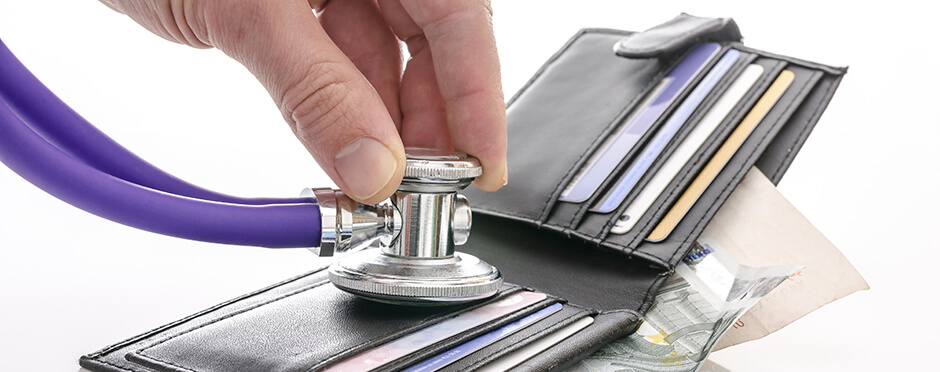
Personal growth January 1, 2024 By
Would it surprise you to know that according to a study by The Institute of the Future, 71% of workers feel stressed by the amount of information they are expected to deal with on a daily basis? How hard is it to keep your focus when information is coming at you faster and faster every day? While a lot of information has been written about managing your attention and focus, we want to tell you about some of the top tips we give our leaders on how to find and keep their focus.
1. Plan your week.
This is the number one tool our leaders are encouraged to use. Think about your own schedule. Each week, do you take some time (anywhere from 15 to 60 minutes) to evaluate what you’ve accomplished so you can determine your highest priorities for the coming week? Whether you do this at the end of the week, on the weekend, or on the first day of a new week, this simple exercise can be an unlocking move for you. Deciding your priorities for the next month, or even the next quarter, may be helpful, but when you force yourself to decide week by week where you want to focus your efforts, you can realize tremendous results.
2. Turn off automatic email/text notifications.
You may be surprised at just how much those little dings or screen popups can disrupt your focus. Most of us have had the experience of responding to a notification only to sit back and scratch our heads, wondering what we were doing before we answered that email or text. This simple tip can help you get into “the zone” of productivity quicker and help you stay there longer. To stop the popups, simply go into the settings for your phone or your email program and disable the notifications. Trust me, when you complete the important task you’re focused on, that message will still be there waiting for you.
3. Stick with one thing at a time.
This tip is related to the previous one, but is broader. When you have something to do (conference call, working on a project, helping a customer, etc.) let everything else go—at least for the moment. Scientists tell us we waste too much time every day reengaging our brain to the task we have before us. If we will simply stay engaged, we cut out that waste and keep our focus. One note about this tip: Upon hearing this, most people say something like, 'but I HAVE to multitask in my job!' We disagree. Your brain can only focus on one thing at a time. Maybe you have to 'manage multiple priorities,' but you can only focus on one of those priorities at a time. So, STOP multitasking, KEEP managing your multiple priorities, and WATCH as your productivity improves dramatically.
4. Make time for YOU.
This tip will help you get some real traction on the things you need to accomplish. You probably already use your calendar to make a note of appointments you have that you can’t miss—everything from a haircut, to a meeting with your boss, or an important client. Why not use that established routine to find and keep your focus? The tip is simple, really. Open up your calendar, and schedule time to work on a project that needs your attention. Maybe you schedule an hour to knock it out. Or, maybe you need multiple appointments over several weeks to complete the project. The beauty of this tip is that when you’re asked to focus on something else, it’s perfectly honest to decline saying, 'I’m sorry, I already have an appointment.' No need to disclose that it’s an appointment with yourself—unless, of course, it’s your boss who wants time with you!
Consider making an appointment with yourself 30 minutes every week to put into practice tip number one.
5. Share your new productive habits with others.
Finally, you may need to reevaluate your 'open door policy.' Do those who work with you know when they can 'stop by for a minute,' and when you’re unavailable? If you have a physical door, you may need to explain to others that for certain periods of the day, you will be closing your door to focus on your work. Most people will understand and respect your wishes that they 'stop by' at times you are available. If you don’t have a physical door, can you get creative? What about the placement of a paper sign outside your office to indicate that you are concentrating? It may take some educating, but in the end, it can really pay off.




